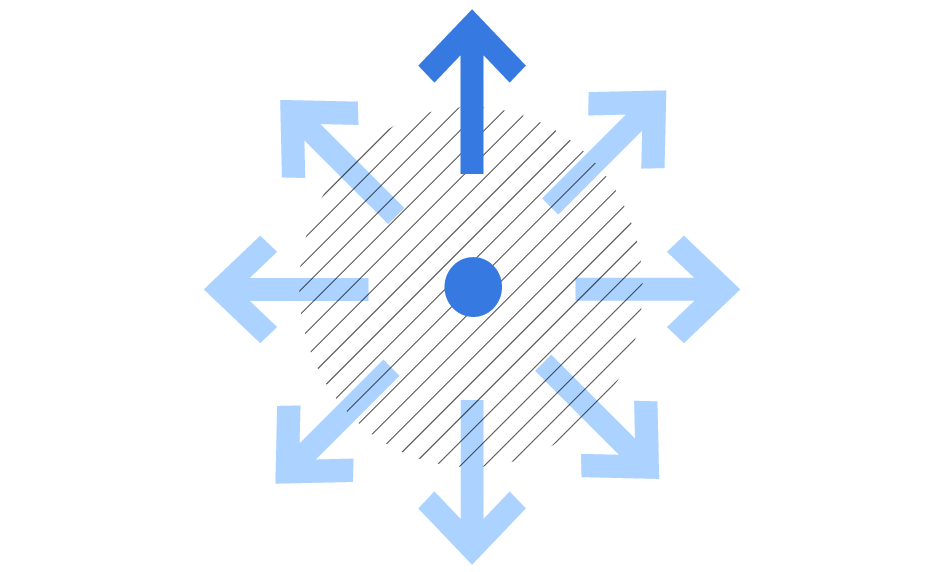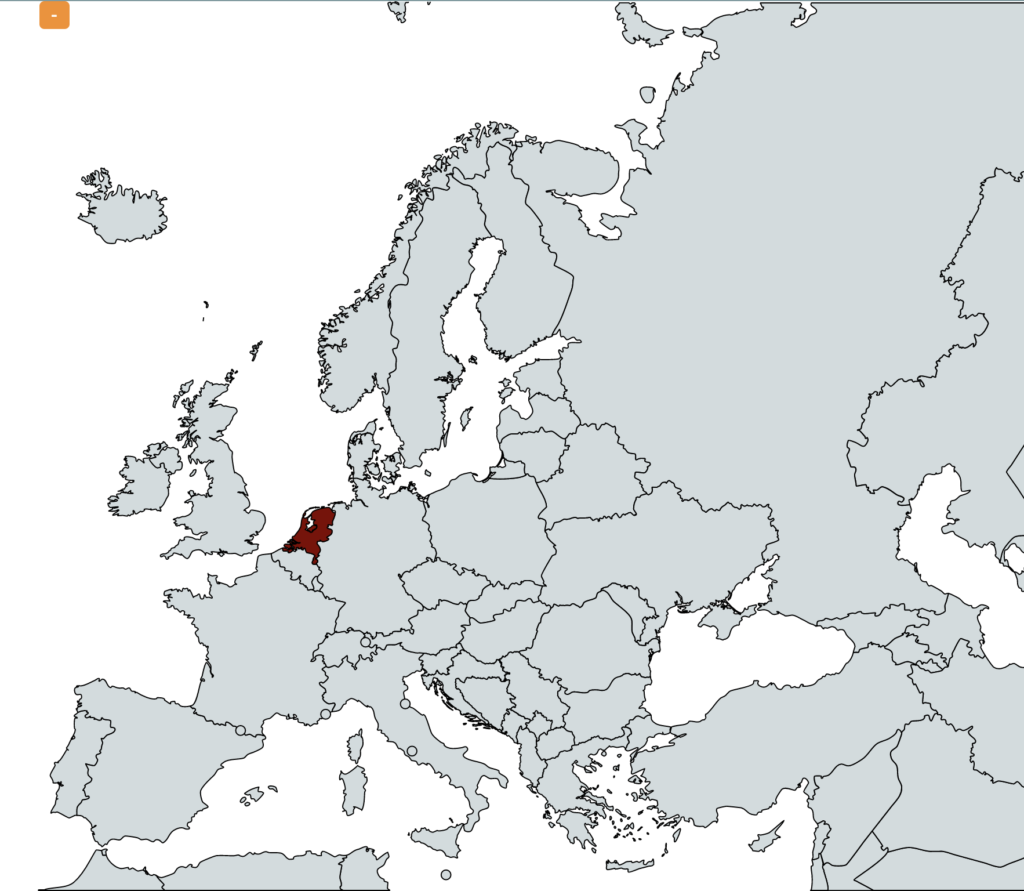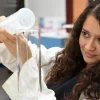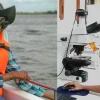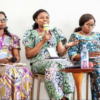IMC Weekend School
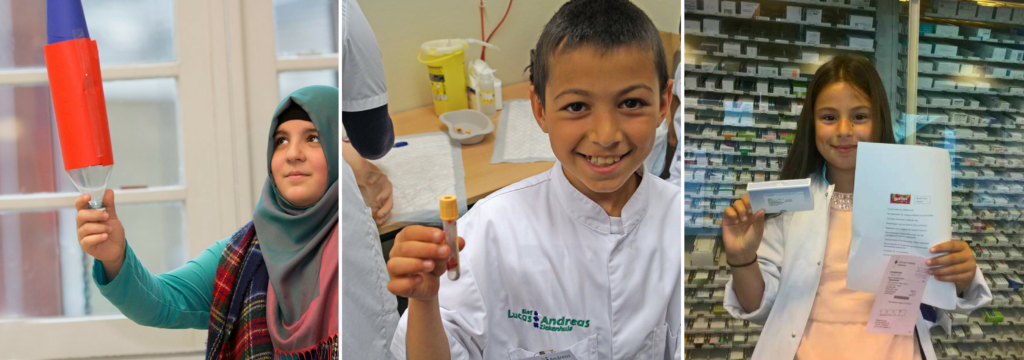
The school designed by psychologist Heleen Terwijn and founded in collaboration with the trading firm IMC (International Marketmakers Combination), opened its doors in 1998 to underprivileged children of the South-East area of Amsterdam. Now it has 10 schools, 15 career fields, 2,087 alumni, 1,100 students and over 100 private and corporate funders.
To foster the future of science and to help underserved children get greater exposure to science and health education, the Elsevier Foundation will donate $100,000 over four years to IMC Weekend School. The grant supports weekend enrichment modules that not only encourage STM careers among youth from communities that have severely limited educational resources – but also promote positive professional role models.
Changing lives with the IMC Weekend School
Encouraging careers among young people from communities with severely limited educational resources and few professional role models is crucial. For the past 21 years, the IMC Weekendschool (IMC) has offered an enrichment program for children in underprivileged neighborhoods across 10 of the largest cities in the Netherlands.
Over the course of a 3-year program, professionals, teachers and volunteer coaches introduce 10 – 14 year old students to a wide range of disciplines including science and health while helping them to connect more fully to society, develop communication and conflict resolution skills and all-around character development training to improve their career prospects. Since 2015, the Elsevier Foundation has supported the science and health programs for the Amsterdam West-based Weekend School, and in 2019 provided funding for the development of a new technology program.
- Enable identification with the lecturers. Students experience what it is to be a professional and execute an assignment that comes very close to the real job.
Students realize that each field of study or work holds viable career opportunities for them. - Students develop essential life skills such as presenting, working together as a team, awareness of self and others, and exercising influence.
Work with students to generate enthusiasm, stimulate the imagination, creativity, critical thinking
- Deploy their network in a more pro-active manner and to continuously improve their programming for students, parents and partners to enable further development and growth.
- Stimulate the social engagement and shared ownership of students and alumni at a local and national level.
- Develop a PR strategy to communicate those missions.
- Further evolving and developing technology lessons with the Elsevier Foundation; as well as improving the overall coherence of the natural sciences module.
- Setting up a Tech alumni group to lead the program in the future.
Modules
The IMC Health module aims to show the children that healthcare is not just about doctors and nurses, but requires different professions with a wide range of educational levels. It also emphasize the importance of taking good care of both body and mind and will incorporate mindfulness in 2020.
In their local hospital the students talked to a wide range of professionals. They also undertake hands on activities such as learning how to take blood samples and make a cast for a broken arm, touring an operating theater and MRI rooms. They were also taught by a special guest teacher, a doctor focusing on homeless and undocumented people in Amsterdam.
In the Science module, students learn that science is not just about knowledge, but curiosity, creativity and logical reasoning. Scientists teach them about discovery, analysis, tests and experiments. They learn how things works by diagnosing and conducting experiments , understanding the basic principles of scientific research: observe, explain and predict.
Together with IBMa and VhTo students explored the field of technology, focusing on AI, Data Analytics, machine learning, computational thinking, coding, apps development and robotics, and the relationship between humanity and technology in a philosophical and ethical perspectives. The development of social skills, creativity and ingenuity were emphasized.
Students were challenged to think about AI and data applications in relation to social phenomena. They conceptualized their own app for school: ideas focused on school lunch, homework, extracurricular activities and tuition. They undertook programming assignments with MicroBits and Scratch.
The final class focused on educational robotics, provided by robotics professionals from Robotwise, a Dutch educational startup. Students encountered different types of robots and created different tracks on the floor which the robots followed. They were able to incorporate their newfound programming skills and concepts like computational thinking and debugging from previous lessons.
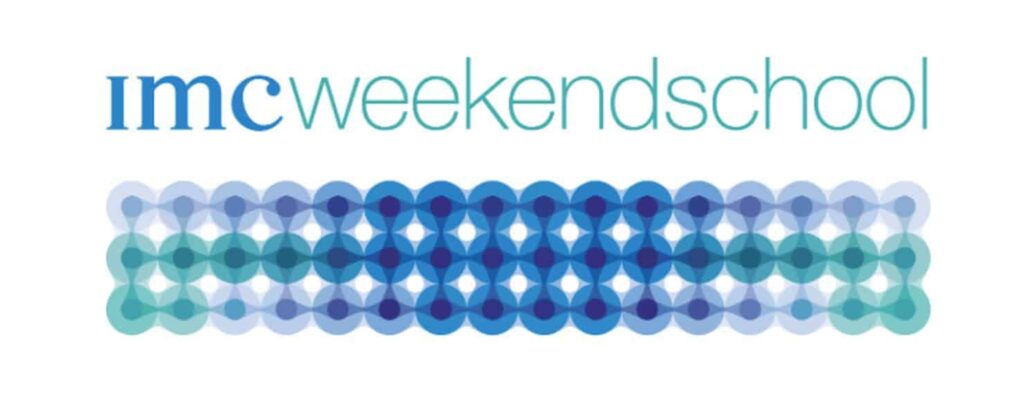
Read more about the partnership
Stay Connected
News
Frequently Asked Questions
